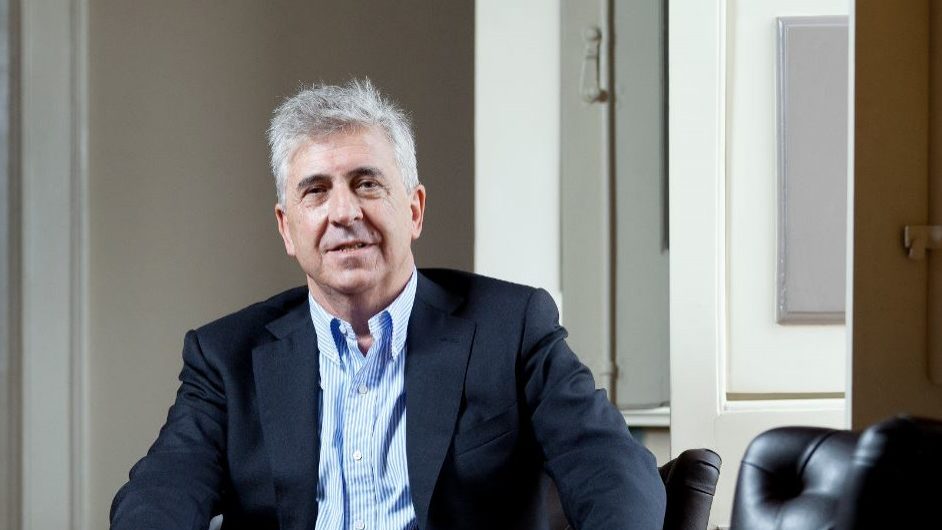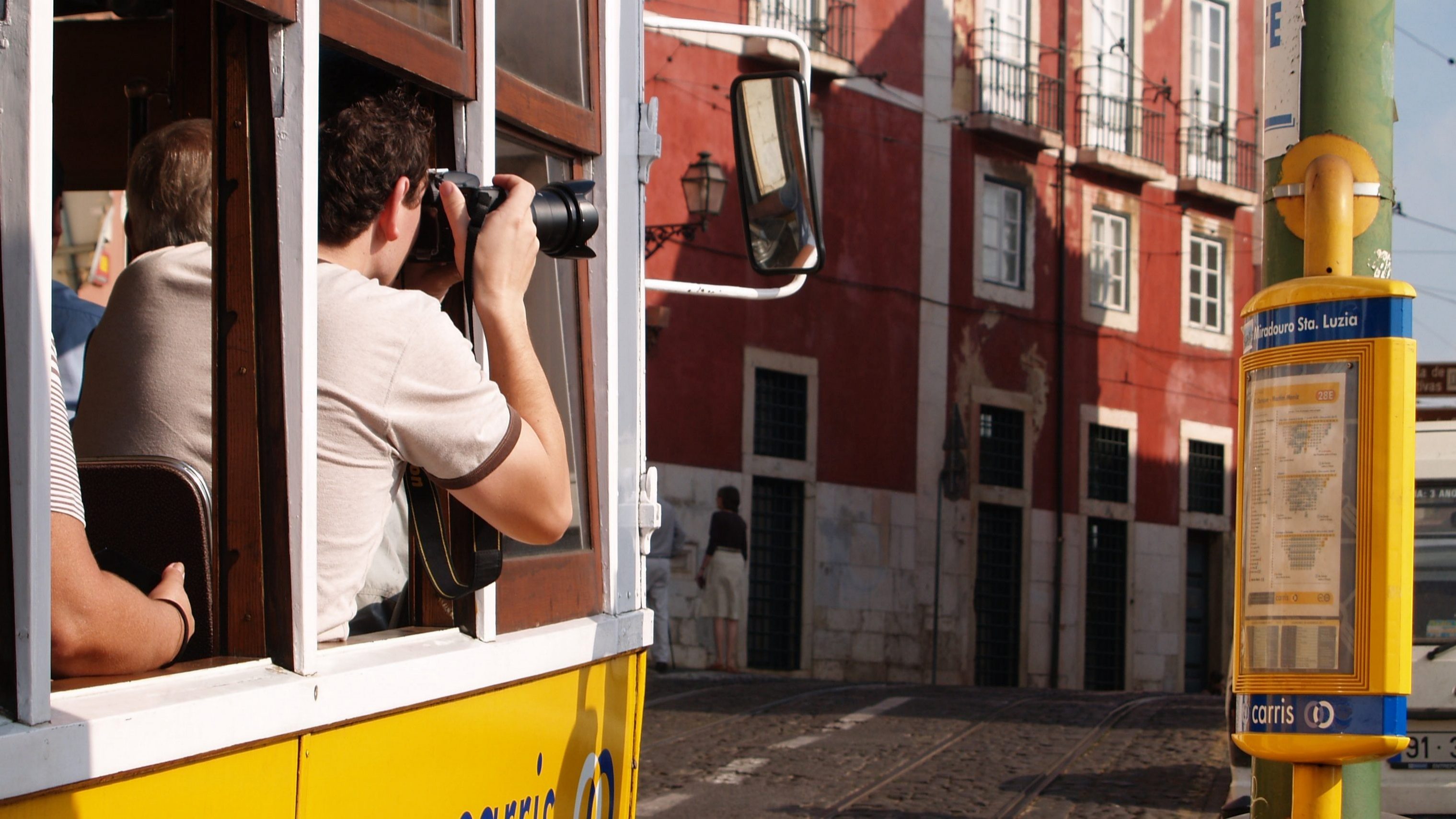Hotel industry showing recovery in staffing levels, trying to attract Ukrainian refugees
The president of the Portuguese Hotel Association (AHP), Raul Martins, reveals there is "some recovery" in the number of workers in the sector.
The hospitality association says there is “some recovery” in the number of workers in the sector, also the result of a better Collective Labour Agreement, and that the association is developing contacts with various entities to expedite opportunities for refugees from Ukraine.
“There has been some recovery of workers. There have been workers who are returning to activity, that’s a fact. They were unemployed and have therefore started to resume their activity and there are many who had left and have returned, there are others who have gone to other activities and are not returning. So, there is, in fact, a recovery in the number of workers,” said the president of the Portuguese Hotel Association (AHP), Raul Martins, in an interview with Lusa.
According to Martins, “on the other hand, this recovery is also happening because the Collective Labour Contract that the AHP negotiated has figures that are substantially higher than those that existed”, he added.
Raul Martins says that the collective contract “has grown more than inflation, especially for the lower salaries”, as there are “categories that have increased 20% of their value from two years ago to now”, which makes “the remuneration become more attractive for the sector”.
With this, he admits, “there are people who had doubts and now believe that it is worthwhile being in the tourism sector”.
In November 2021, the association pointed to a shortfall of around 15,000 workers in hotels.
In order to remedy this, “the association has made the necessary connections to channel labour from abroad, from the CPLP [Community of Portuguese Language Countries], namely Cabo Verde, from Morocco to India, and now the Philippines has also entered this system, so that when there is an increase in demand, which now starts in March and April with Easter, we can somehow recover that labour force,” he added.
Asked if the association has also tried contacts to cross interests with workers from Ukraine who are arriving in Portugal, the president of the AHP said yes, that they are “also approaching the availability of work in the area of tourism, namely hotels.
The AHP is in contact with the Ukrainian Embassy, IEFP, the High Commission for Migrations and various support associations to “expedite this situation, informing which hotels and what number of availabilities there are to refer people who are interested in working in tourism”.
“The refugees come to work, they used to work in Ukraine, so they are people who are used to working and want to maintain their activity and they come looking for work. In general, from what historically already happens in Portugal, Ukrainians have quality of work,” he also said.
In another area, pointed out as a constraint to the growth of tourism in Portugal, is the decision on the new airport in Lisbon. In the best-case scenario, the AHP does not expect it for another “four years”.
“It’s the least we can have”, says Raul Martins.
“We have about a year ahead of us to have the general environmental impact study and, therefore, only after that will we have a definition of what the new airport could be, because there is no doubt that there has to be a new airport. The PSD also agreed that with this environmental impact study it would then change the law so that municipal councils would not have to give their opinion on decisions of national interest such as a central airport for the country, and therefore we think that this Government [which is yet to take office] will be able to begin construction of the airport,” he said.
In 2019, the number of passengers at Lisbon airport reached 31 million, a number very close to the saturation capacity.
As for the solution, Raul Martins said that Portela “should be used for point-to-point travel and the hub for intercontinental travel should be Montijo.
“In the best of solutions we will only have an airport in four years”, Raul Martins added, considering a year for the study, and then decisions and awards and two years to build it.
On the recent restructuring of TAP, Raul Martins said that the company “will be the right size for its main routes, which go to Brazil, the United States and Africa – Asia is not a natural expansion area for TAP -, as well as Europe and, therefore, it is being resized or [becomes] sized to continue to be effective, but economically viable.


